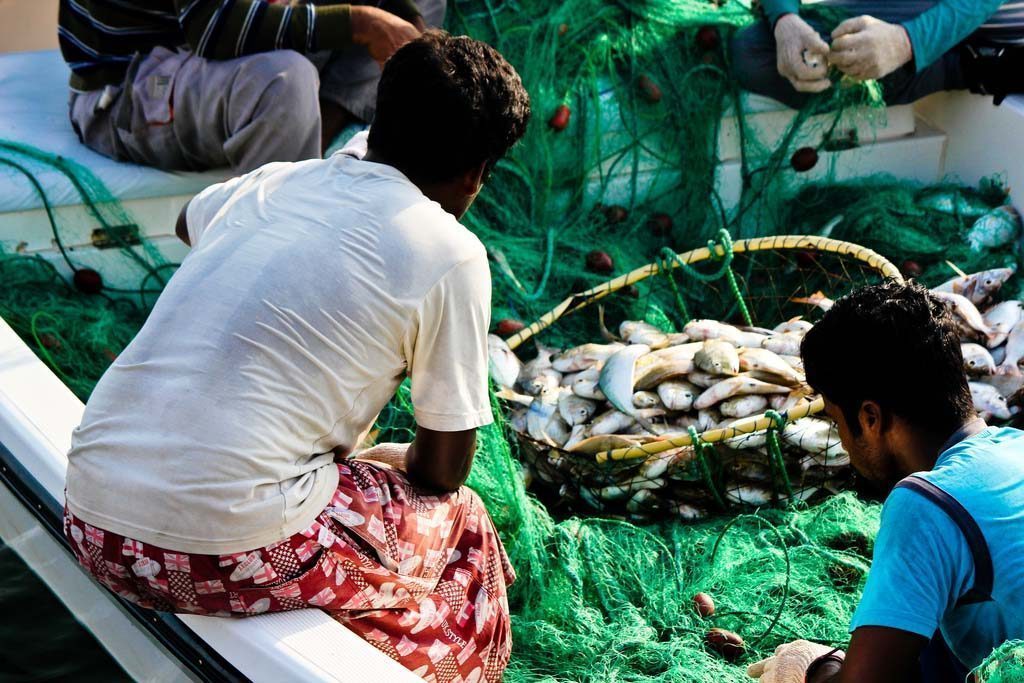
Qatar’s fishermen will not be allowed to fish for the narrow-barred Spanish Mackerel – known locally as Kana’ad – for the next two months, the Ministry of Environment has announced.
The move is intended to help preserve stocks of the species during its migratory period, a key breeding time for the fish, which is commonly eaten here.
The ban, reportedly the first of its kind in Qatar, will be in effect from Aug. 15 for two months.
It is running in tandem with similar bans across the region, following a decision by the GCC Agricultural Committee to try to protect the fish, whose numbers are dwindling in the Gulf.
‘Halaaq’ net banned

The ban on fishing for Kana’ad is being backed up with an additional prohibition on the sale of the “halaaq” net, which is designed to catch the mackerel.
Usage of the net has been heavily controlled in the UAE for more than a decade, with fishermen being banned for using it for six months each year.
Furthermore, Qatar’s government has appointed a group of specially-trained inspectors who will focus on identifying and prosecuting any fishing boats who violate the ban, the Peninsula reports.
The group will operate with the support of Qatar’s coastguard, checking fishing boats for illegal nets and catch.
Protection efforts
Diminishing fish stocks off the Qatar coast have long been a concern for the authorities, as low stocks lead to price rises and threaten the country’s food security.

In April, Qatar’s Ministry of Environment issued a decree banning several kinds of fishing nets, including bottom trawl nets and cast nets, as part of ongoing efforts to protect fish off its coast.
Certain types of equipment, including harpoons or spears, can now only be used at specific times of the year. They are banned from December to April, to safeguard the reproduction season for many species.
Officials also announced plans last year to establish a QR230million ($63.16m) aquatic research center.
The center, which will house massive fish and prawn hatcheries, is expected to be ready by the end of this year.
It’s hoped that these hatcheries will produce at least eight tonnes of fish each year to help bolster the country’s fish stocks.
In recent years, authorities have also required Qatari owners of fishing boats to accompany their employees on expeditions – vastly decreasing the number of fishing trips taken by these boats.
A couple of years ago, officials also announced that the government had stopped issuing new fishing licenses for the next decade.
Thoughts?







